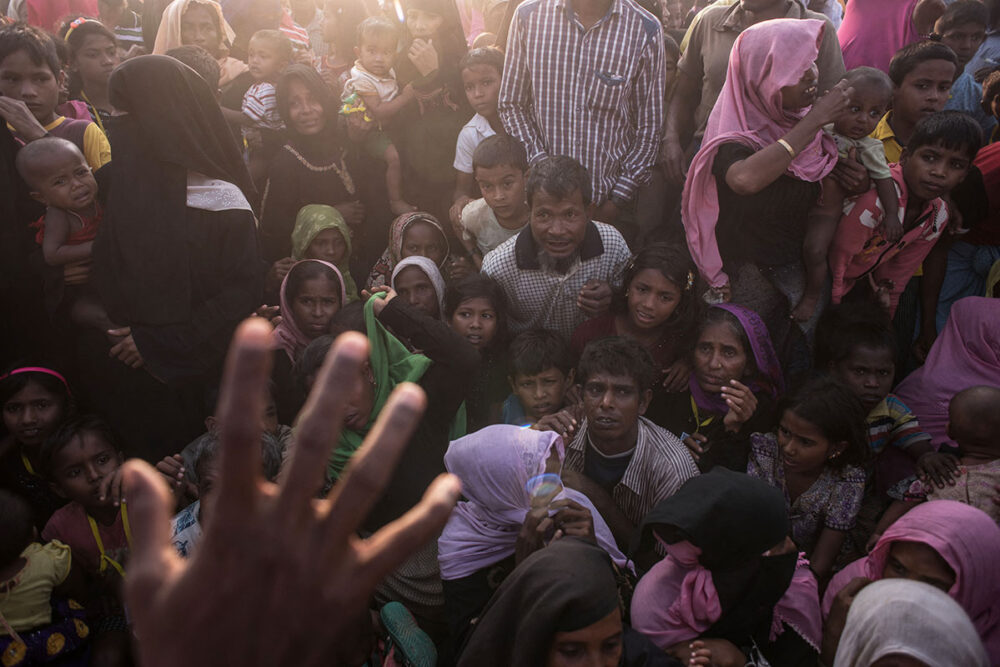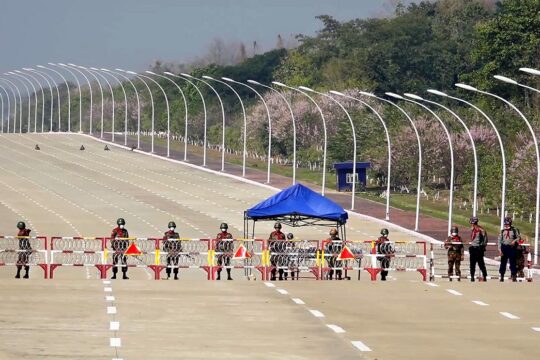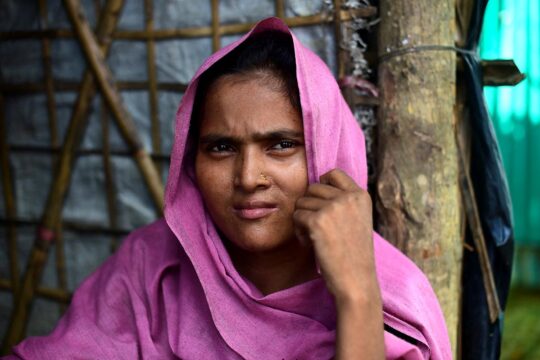Nick Koumjian has been the head of the UN's International Investigative Mechanism for Myanmar (IIMM) since 2018. He is the guest in this podcast by our partners at Asymmetrical Haircuts. The IIMM is not only collecting evidence of international crimes committed late 2016 and 2017 against the Rohingyas. Its open mandate starts in 2011. It has collected 28 million items so far, most of it in Burmese language, says Koumjian. This evidence could potentially be used by the International Criminal Court and in Argentina’s universal jurisdiction case, two criminal proceedings that remain at the investigative stage, without any indictment issued to date. And in the genocide case filed by The Gambia against Myanmar before the International Court of Justice (ICJ).
Koumjian reveals that they studied Facebook posts at the time of Myanmar’s “clearance operations” in 2016-2017, over a period of 6 months. In 43 accounts taken down by Facebook, they found 10,000 instances of they considered hate speech. “We were able to determine that all of these accounts were linked to the Myanmar military, working in a coordinated fashion. At the very time of the clearance operations, when villages were being burned, and people were being killed and raped, the Myanmar military was promoting hate speech against this group that was being victimized. If that is consistent with the obligation to prevent and punish genocide is something that the judges of the ICJ will decide,” Koumjian says.
 ASYMMETRICAL HAIRCUTS
ASYMMETRICAL HAIRCUTS
This podcast has been published as part of a partnership between JusticeInfo.net and Asymmetrical Haircuts, a podcast on international justice produced from The Hague by journalists Janet Anderson and Stephanie van den Berg, who retain full control and independence over the contents of the podcast.



